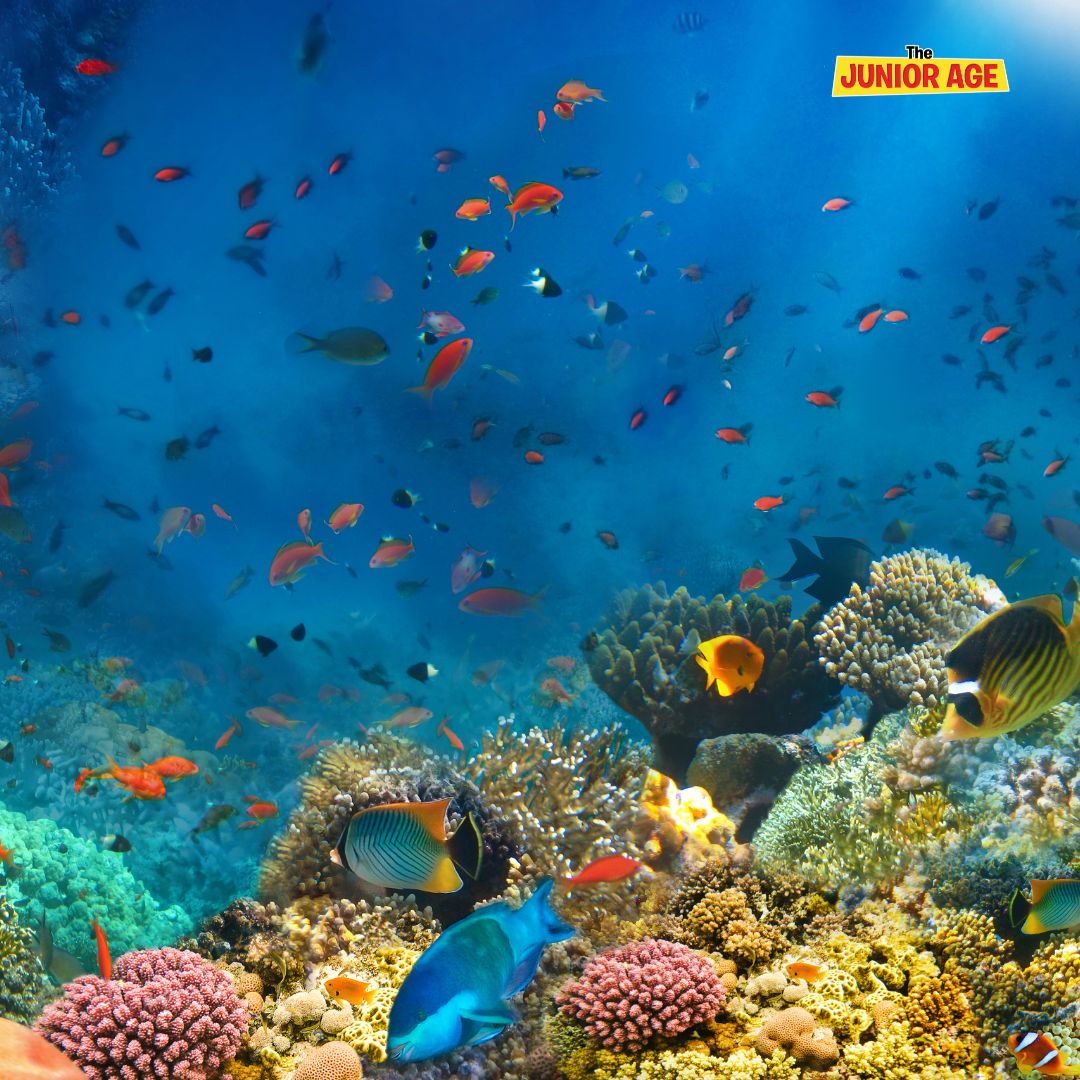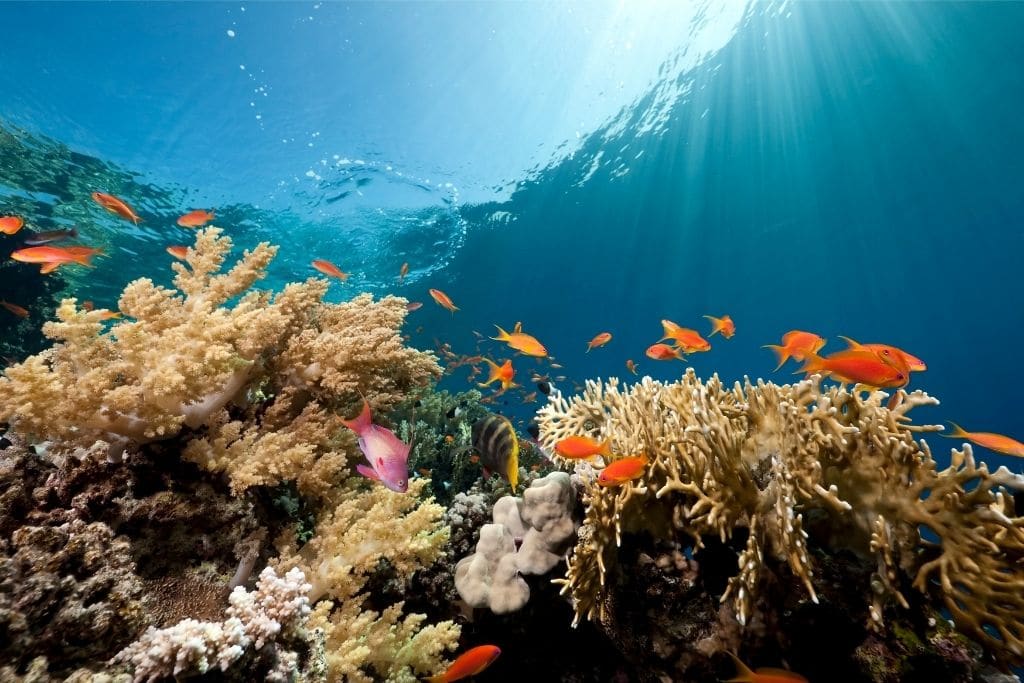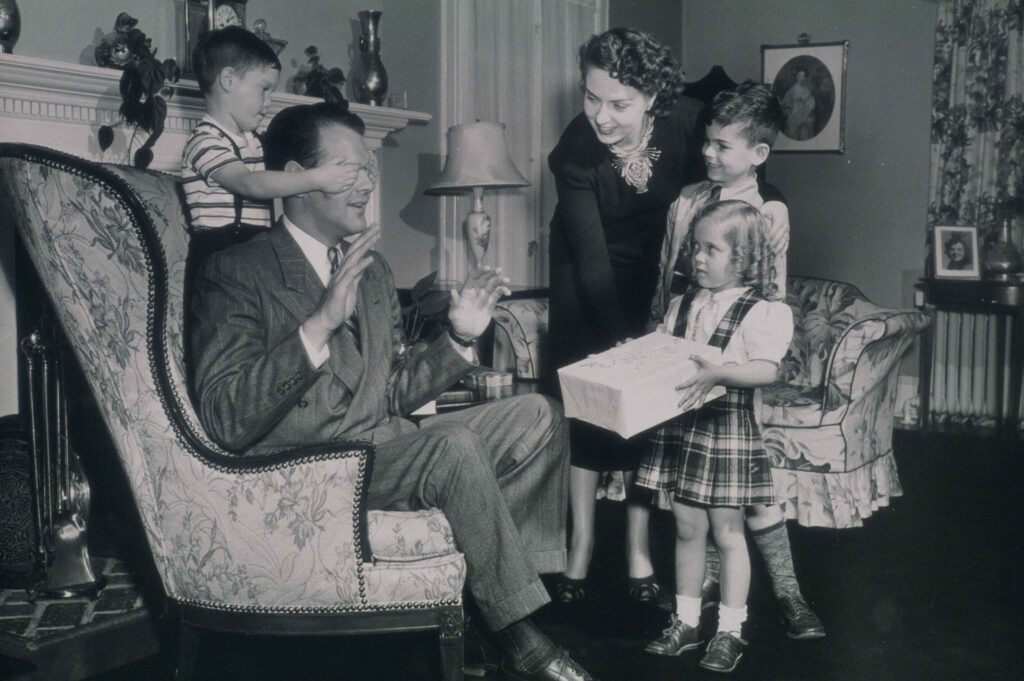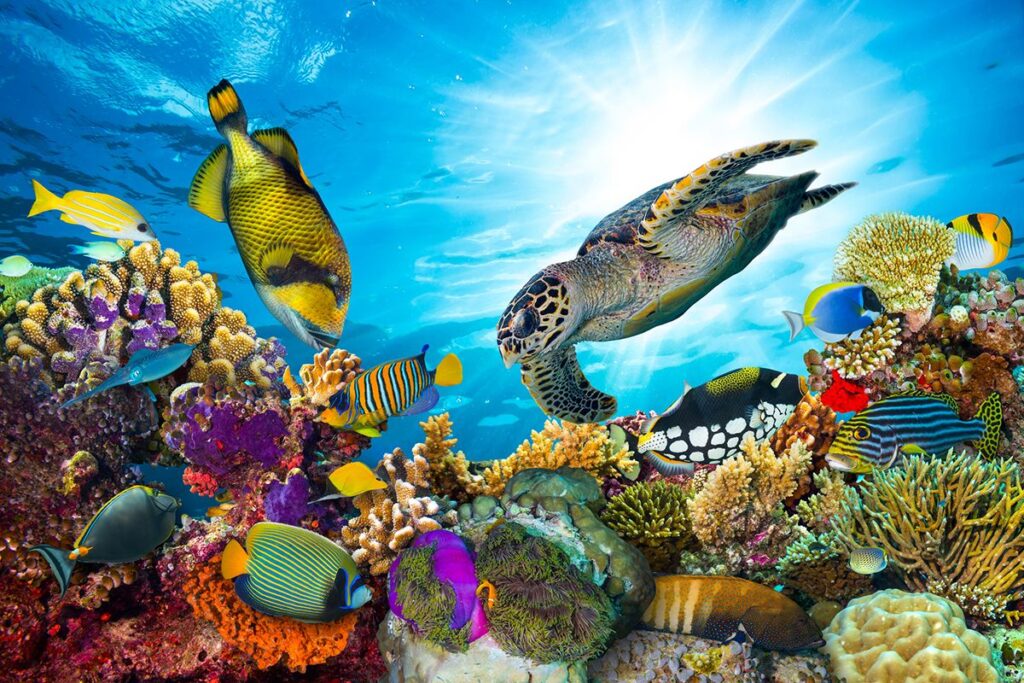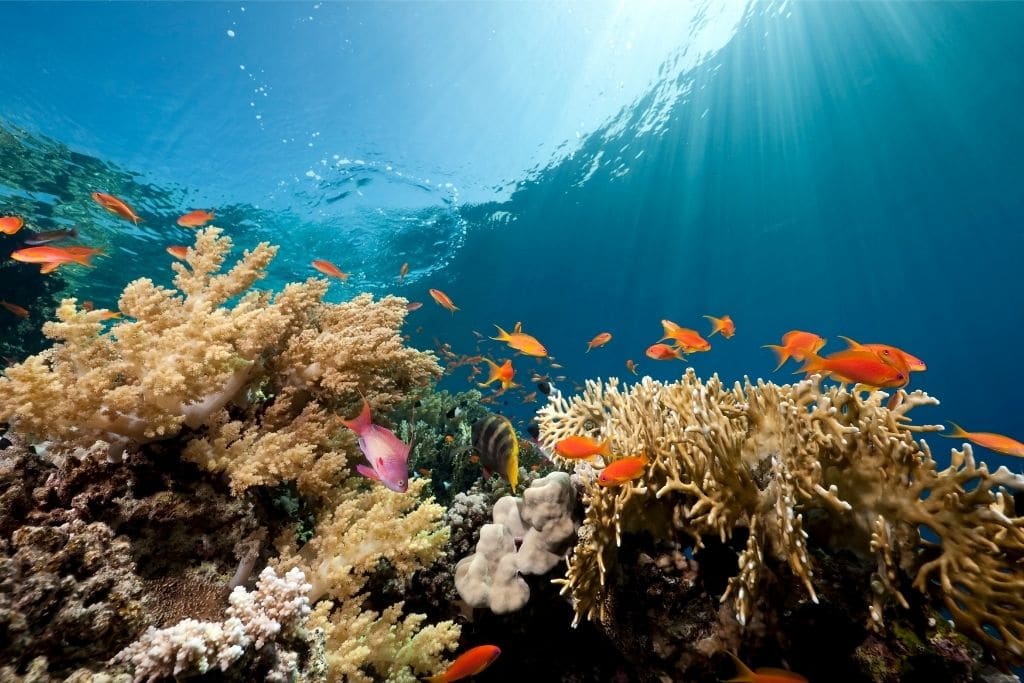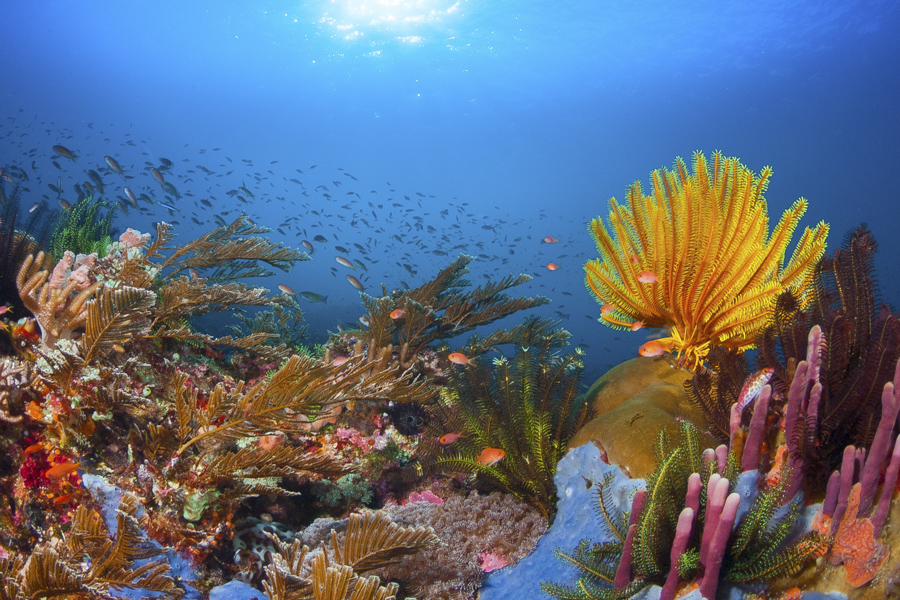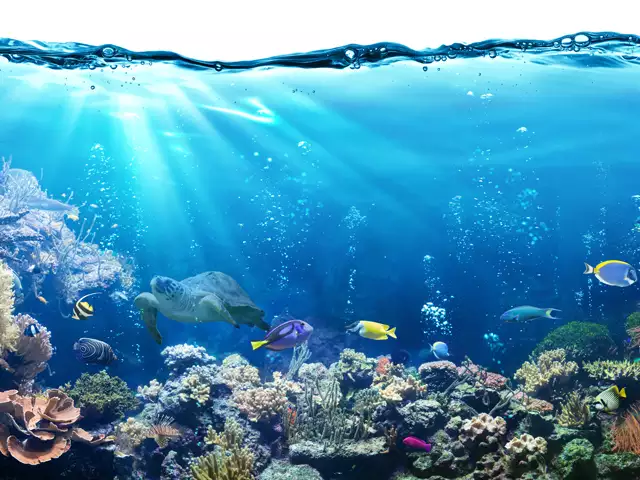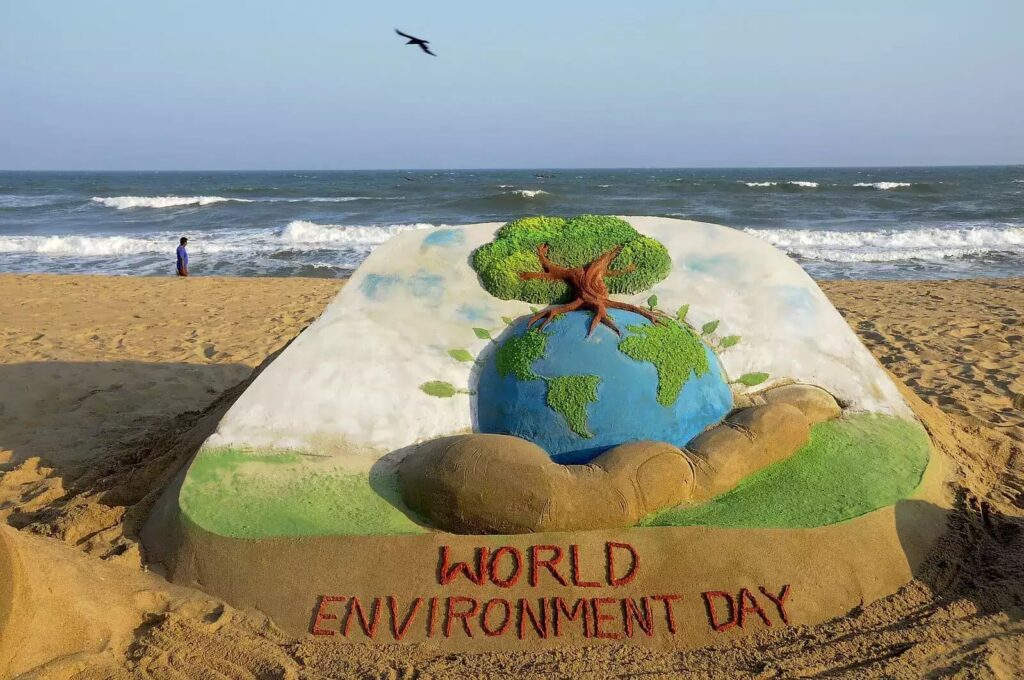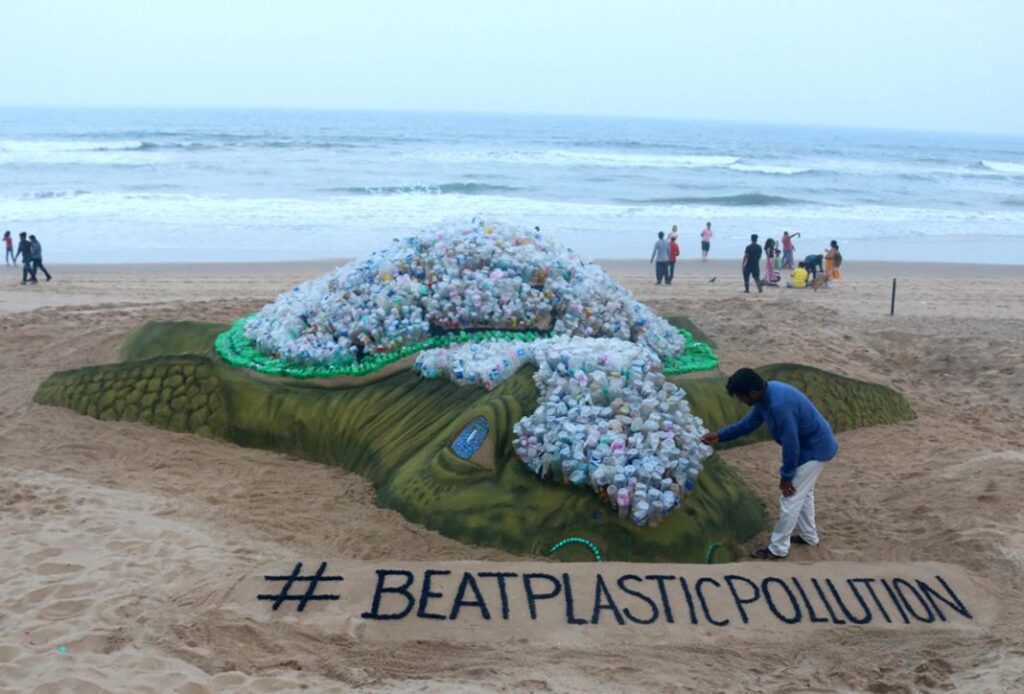Juneteenth is a holiday on June 19 in the United States of America that celebrates the end of slavery. It is also known as “Freedom Day” or “Emancipation Day”. The day also honors the contribution and achievements of the African American community, Juneteenth was declared a national holiday by the US government in 2021.
Get Know everything all Asian Countries, Buy This Country Facts – Asia

History Of Slavery In The US
Starting around the early 1600s and lasting until the mid-1800s, slavery in the US was a time when some people were treated very unfairly. The people who were enslaved were taken from Af- rica and brought to the US against their will.
They were forced to work for other people without getting paid or having any say in their lives. It was a very difficult and unfair time for them. Some people believed that slavery was wrong and unfair. They started speaking out against slavery, saying that it was cruel and that all people should be treated equally. This led to a big conflict in the United States called the Civil War.
The Civil War was fought between the northern states such as New York, Massachusetts, Pennsylvania, Ohio, and Connecticut who wanted to end slavery, and the southern states like Virginia, Georgia, Mississippi, Alabama, and Texas who wanted to keep it. In 1863, US President Abraham Lincoln issued the Proclamation of Independence, an executive order which effectively ordered those employed as slaves to be freed.

However, it took two years for the news to reach the community it was targeted at. On June 19, 1865, the last slaves were declared free in the state of Texas. The freedmen and freedwomen, as they were known after Emancipation, commenced widespread celebration.
Significance Of June 19
June 19 is the day used to mark the end of slavery for African Americans, Juneteenth was declared a state holiday in Texas in 2018 and a national holiday by President Joe Biden in 2021. This was considered to be sparked by the significance of the Black Lives Matter movement, which spotlighted the community as well as important historical events.

Today, the commemoration celebrations continue to remain strong as ever. Celebrations include prayer and other religious services as well as other mass gatherings.
These gatherings create a sense of unity accompanied by tradition- al food and celebratory music.
This day is a reminder of the history of slavery in the US to learn from the past and make sure everyone is treated equally with respect and fairness. It’s important to treat every human as equal and work together to create a better and more inclusive future.
Word Check
Black Lives Matter, formed in the US in 2013, is a global social movement fighting racism, police violence. This movement advocates equal value and respect for Black lives.
The Juneteenth Flag
The Juneteenth flag is full of symbolism. Designed by L. J. Graf, the flag is packed with lots of meaning. The colours red, white, and blue resemble the American flag to symbolize that the enslaved people and their descendants were Americans. The central star honours Texas, while the bursting “new star” on the “horizon” of red and blue fields depicts new freedom and a new people.
Watch Full Video On, Everything You Need To Know About Heat Waves


